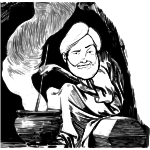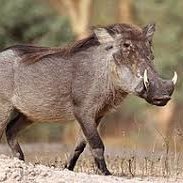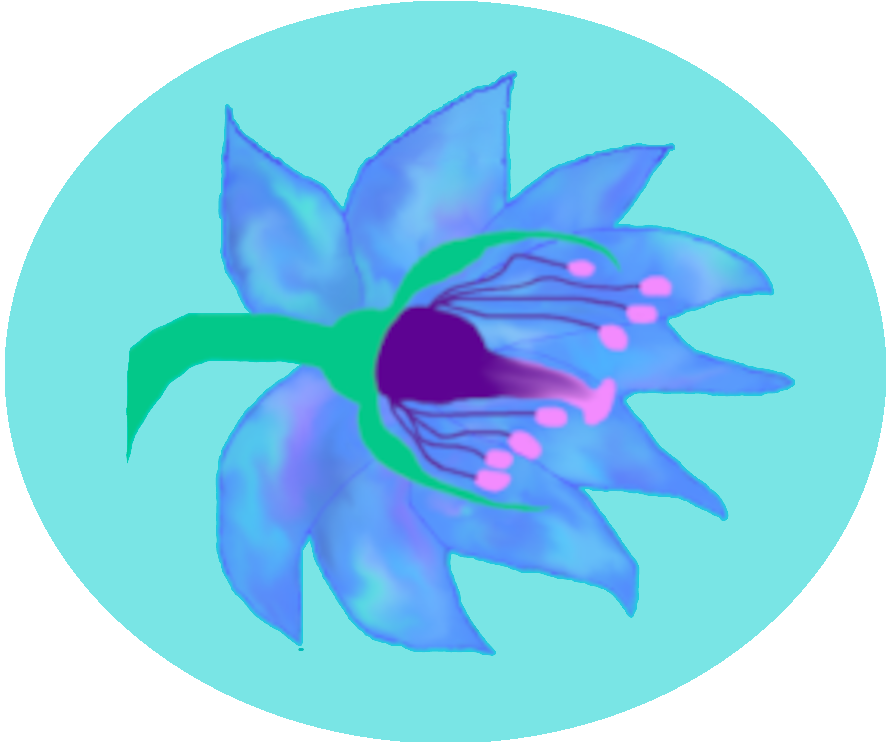Lidabursches (Li-da-burj-ess)
The Lidabursches are a collection of eastern people living inside the borders of the Lidaborg city state or feel related to them through connected bloodlines.
People and Goods
Lidaborg exports two things: Afrantubers and Violence.
And just as we learned to love the bitter taste of Rootbrew, we learned to love that iron taste of Lidabursches Blood.
A widely known but rarely discussed topic is the great reliance on Lidaborg for military Personnell and Training which it provides through the Lidabursches Population.
While Lidaborgs Wayman, which are traditional Soldiers of Fortune are valiantly observed by the international community, sending an envoy of "Settlers" is practically invisible on a global scale.
Their upbringing and social conditioning ensures that they will seek out opportunities in law enforcement and regular armies, for the small price of a little land and time.
One can only wonder if the small city-state on the eastern Tip of the Afrantosti holds more sway in international politics than should be possible.
Names
Lidabursches most important cultural goal is to keep the connection to Lidaborg obvious or as overt as possible.
Family Names
Most families include a part or even the full name of their origin in their name. This creates many cases of similarly named but directly unrelated last names.
Examples are: Lidarman, Lidaann, Lidaorren, Lidaort, Warborg, Borgman, Borgken, Lidarr, Lidarborg-Firn, Fran Lidarborg, Vrem Lidar, Vrem Lidarborg
Of note is the survival of an additional r after the syllable Lida which was lost in the city-name through the last sound shift.
First Names
Most names popular with Easterners are common with Lidabursches. In addition, variations of the Amna (Leaders of Lidaborg) last-name are also common, such as: Anna, Amma, Ahna, Hanna, Hachma, Hachja, Hatja, Hatschja, Hsachskia.
While most languages on Inquest have lost use of articles and pronouns for names due to the Magic induced Pleomorphism, all Names used by Lidabursches are prefixed with an old variation of the word for "some": sem, building as Example: sem Hechkmen vrem Lidarborg
Culture
Common Customs, traditions and rituals
Most members of this Ethnicity are raised traditionally in a cycle of military training, opportunity to bear children, and a time to provide for the family through hard work. While for most Lidabursches it is a matter of Duty and Honor, a severe social pressure is put on any individual seeking to retreat from the norm. As most connections are only made through social circumstances, many "Deserters" simply move to either Prosenial or Olivaria.
The Three Marches of Lidaborg
The central aspect of a person living within a Lidabursches group is the adherence to the Three Marches of Lidaborg.
These are described as:
- March of the Pupils, a Time of learning to live by oneself, to train Body an Mind
- March of the Cradle, finding a Partner for Life, Bearing Children or caring for Orphans
- March for War, seeking Work Opportunities
There is no defined length of these Marches but the Notion that a Lidabursches "knows the Point of moving on" naturally.
Individuals that are not able or not willing to move on, are often target for social stigma.
Common Taboos
While there seems to be absolute equality within Lidabursches population, it is only through a lack in interest of the human, that this is achieved.
Access to gender-specific requirements, especially medical treatment, is often purely luck based. Many suffer from late-state gender change during the Pubescental Affirmation due to social pressure, creating a common trauma in the population that is not talked about.
Ideals
Beauty Ideals
Any Lidabursches seek to mirror the felt perfection of the Amna Family.
For most this means spending much of their free time bathing in sun, to give their skin a honey or golden complexion and dying their hair black (or very dark brown) with a mixture of Afrantubers and ash.
Dark pupils, dark beauty spots, or equally dim freckles are seen as exciting.
Gender Ideals
Adult Lidabursches Males are expected to be able to defend themselves with traditional bladed weapons as well as Scrollthrowers in contrast to their female equals, who are expected to be able to defend themselves with Scrollthrowers and traditional bladed weapons.
Relationship Ideals
Couples are expected to observe the Three Marches of Lidaborg together. To fight together, side by side, is romanticized as the height of partnership.
Content
The curious case of the sem
All Lidabursches Names are prefixed with the word sem, which can be interpreted as some.
Olivarian linguists suspect that this was introduced (possibly deliberately) in contrast to the royal they, common in other languages.
Indication for this theory is found in old notes of Deidr Amna, Founder of Lidaborg, where she states: "Tell me, who is truly honored? Those that have to change for the many, or those that others change for."
As the notes are incomplete and often lack context, the truth is lost in the shattered History of Island Inquest.
Further indication is that the Quasi-Monarchs lack the prefix and to add it is seen as a insult.
This Article takes part in
World Anvil Summer Camp 2021
AN ETHNICITY WHOSE CULTURAL EXPORTS ARE HIGHLY SOUGHT AFTER
Please LIKE the Article if you enjoyed it!









Excellent work Jan! I think you've already won my favourite quote of the entire camp with: "just as we learned to love the bitter taste of Rootbrew, we learned to love that iron taste of Lidabursches Blood." Nothing else I can say beyond: amazing!
Gilly Hartill Fantasy world builder, aspiring author & lover of all things RPG.
Thank you very much! I think I have a knack for Quotes :D So happy that you liked it!
Island-Inquest awaits!